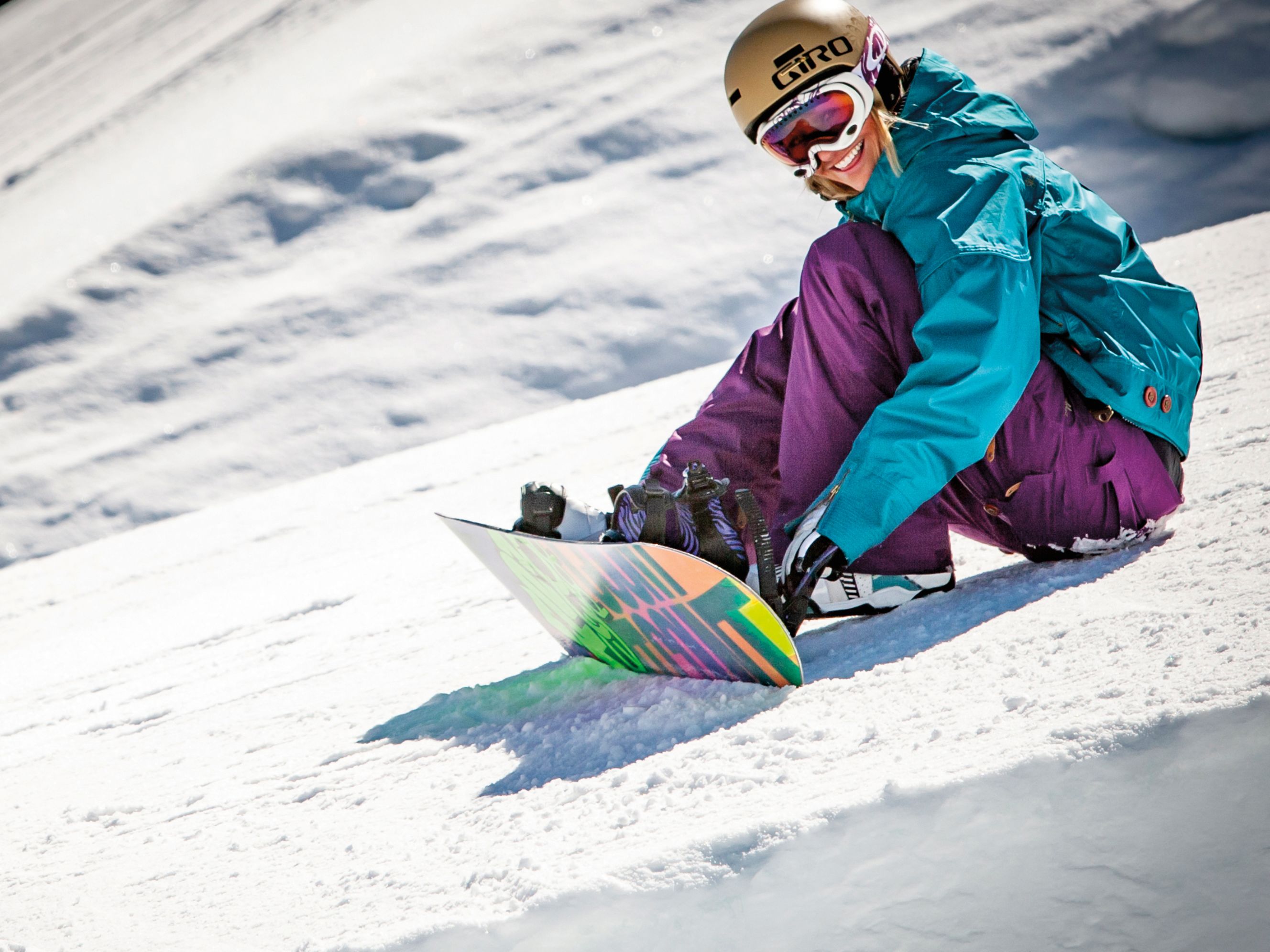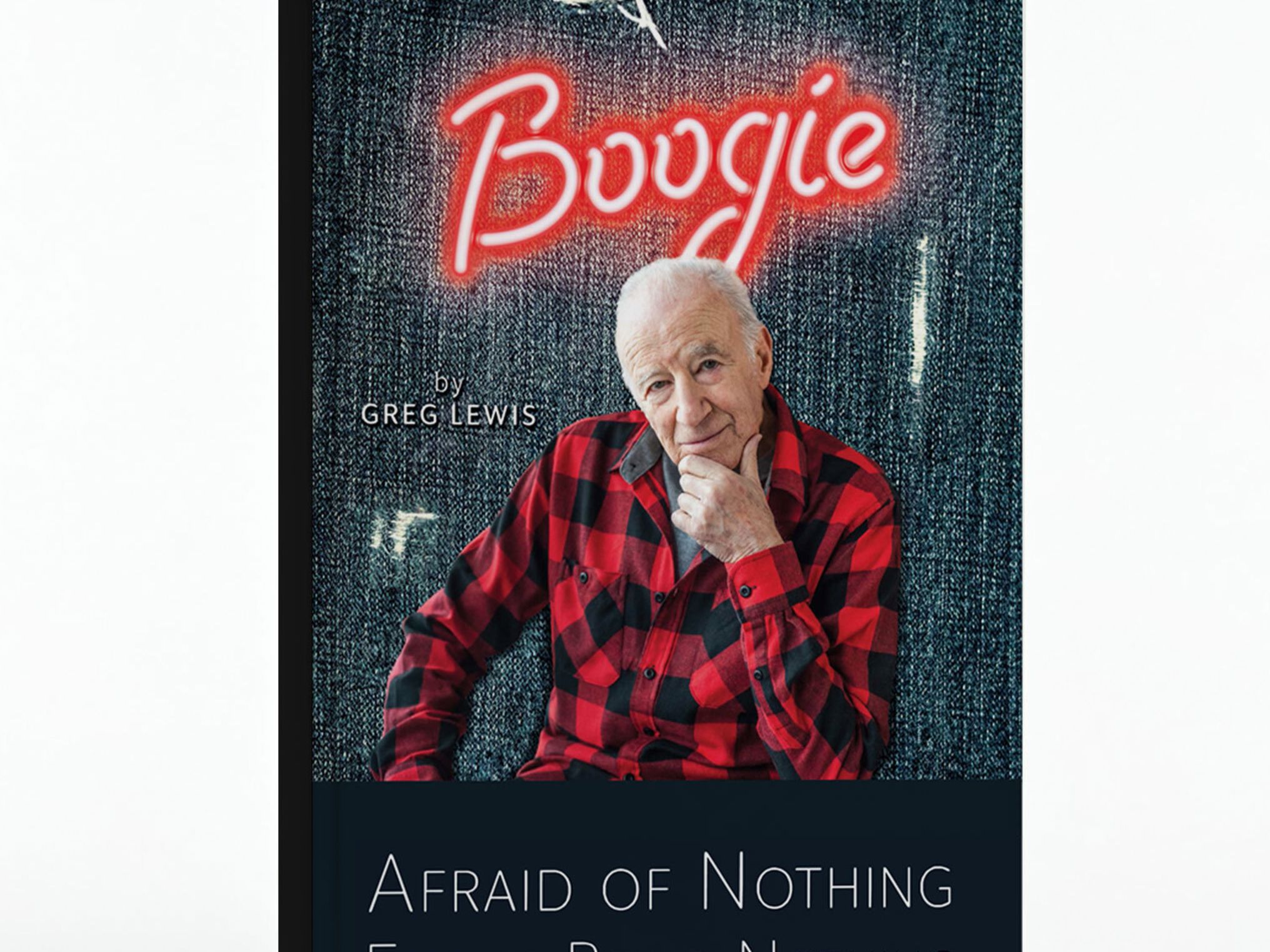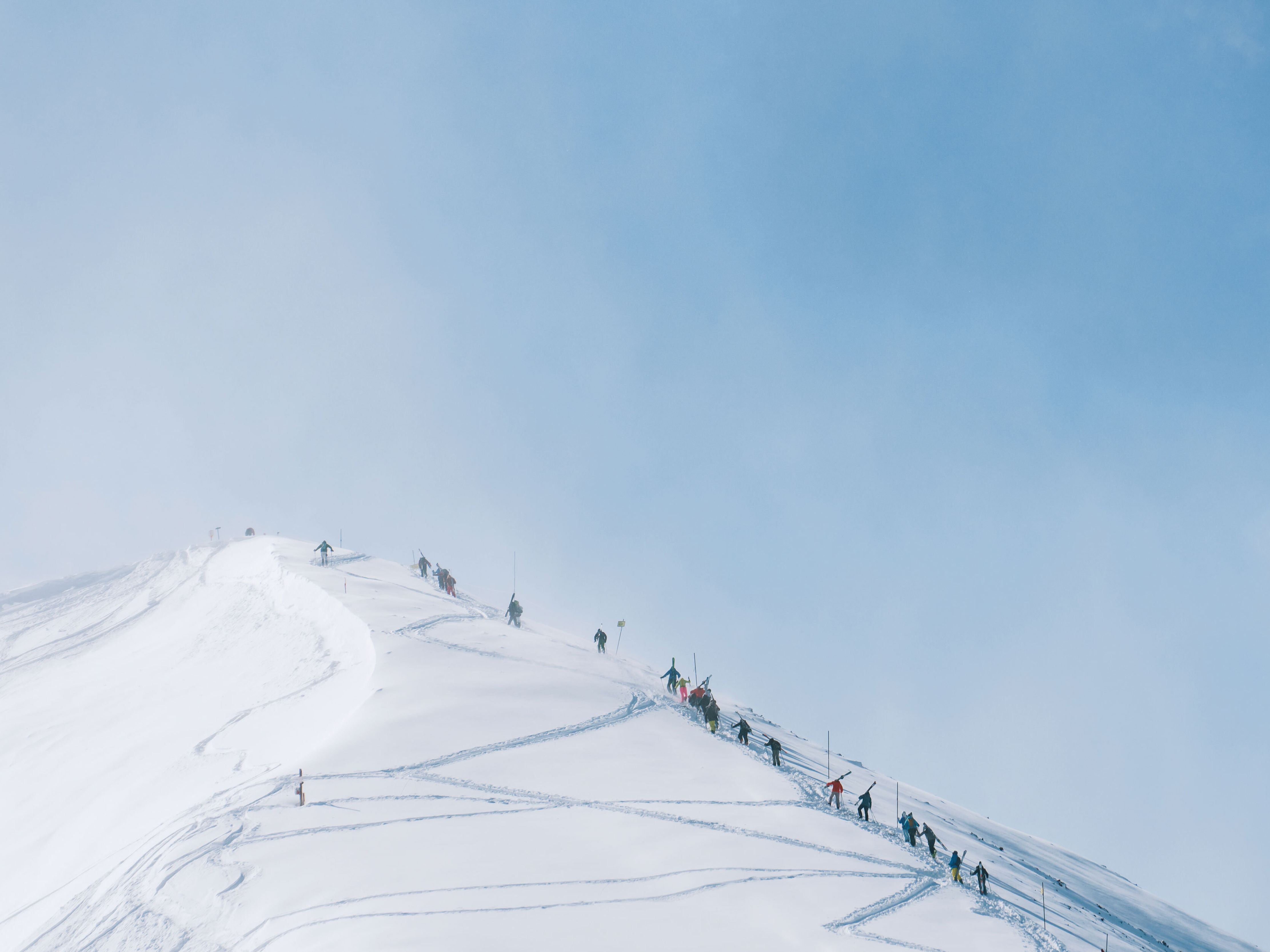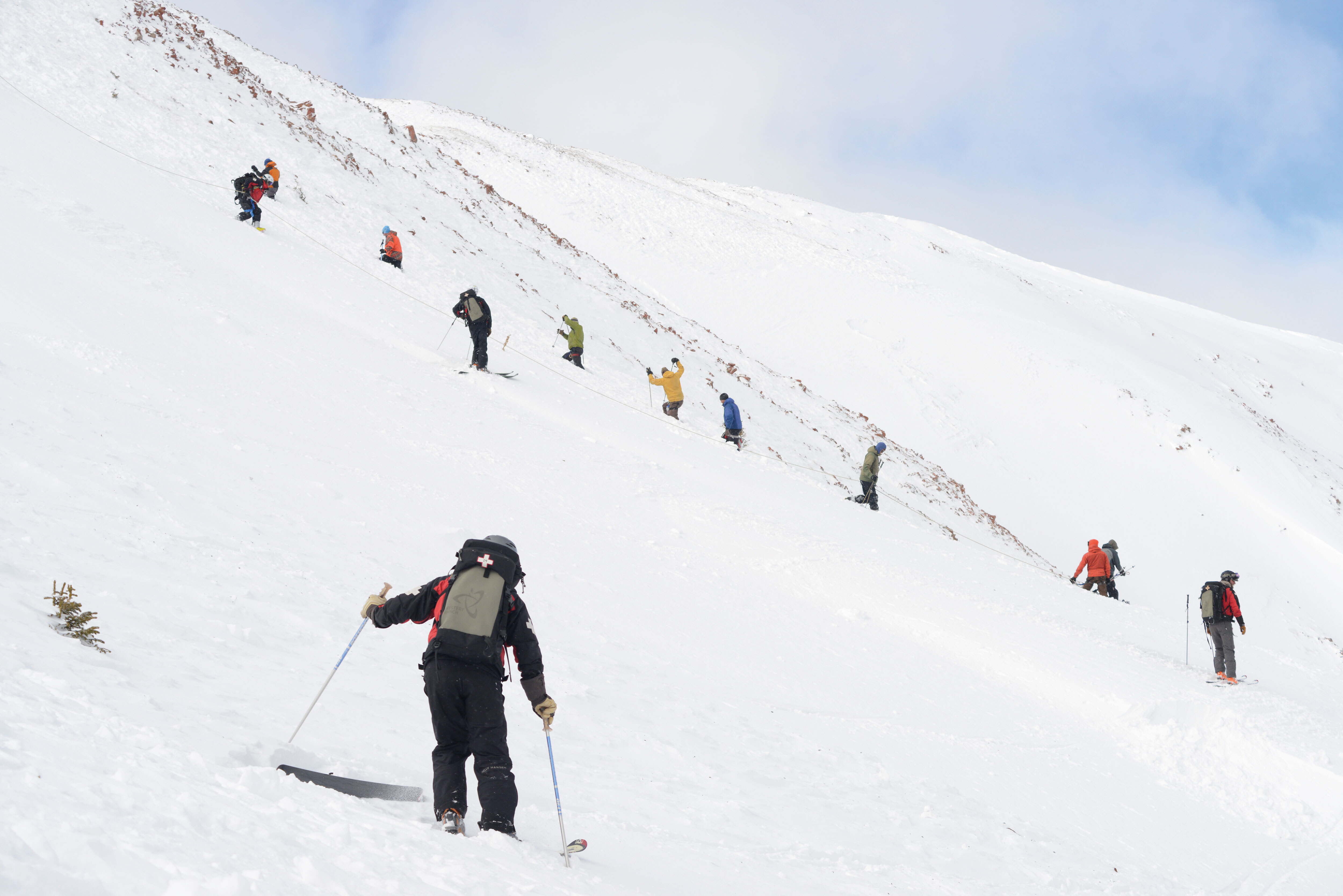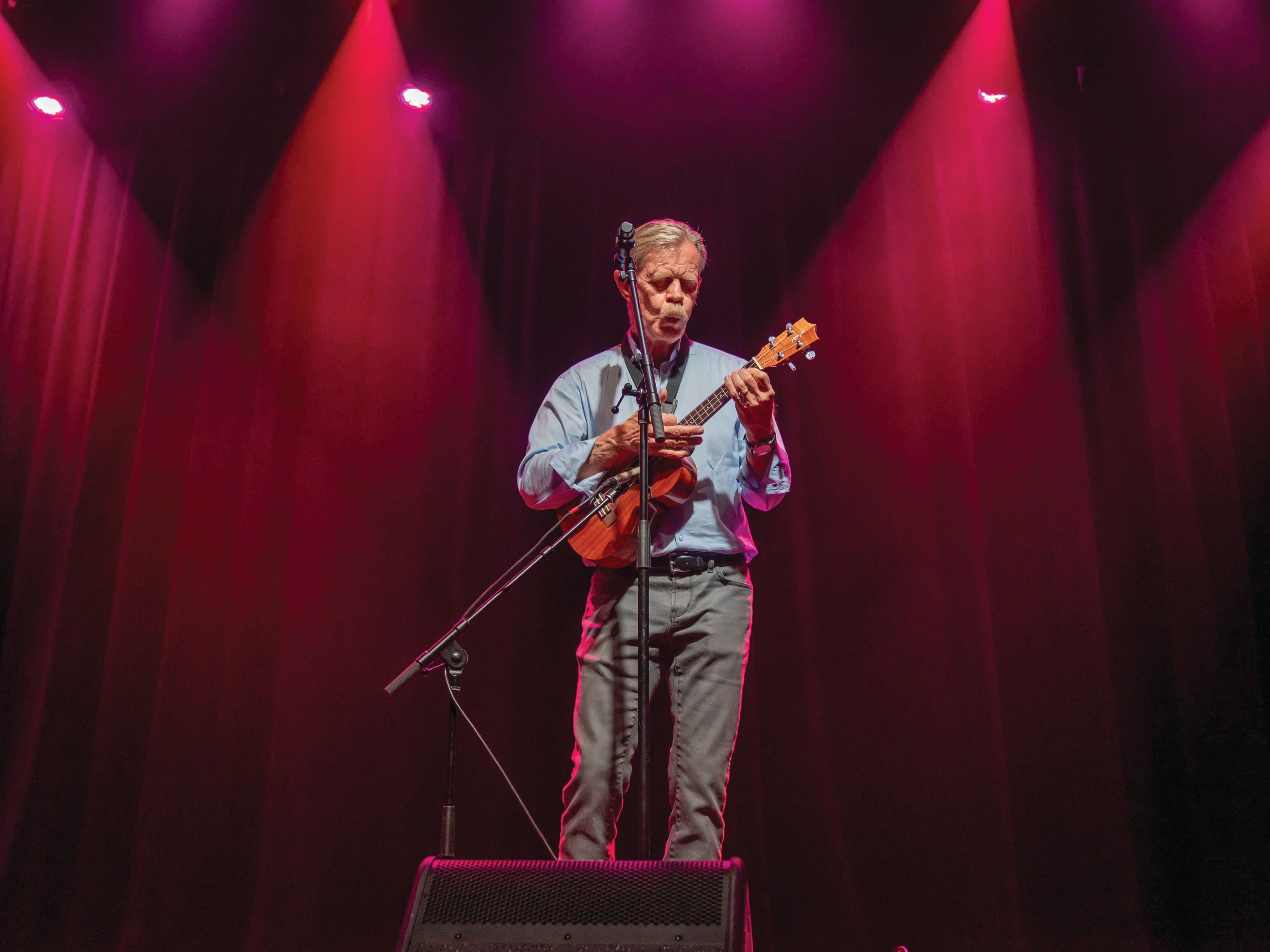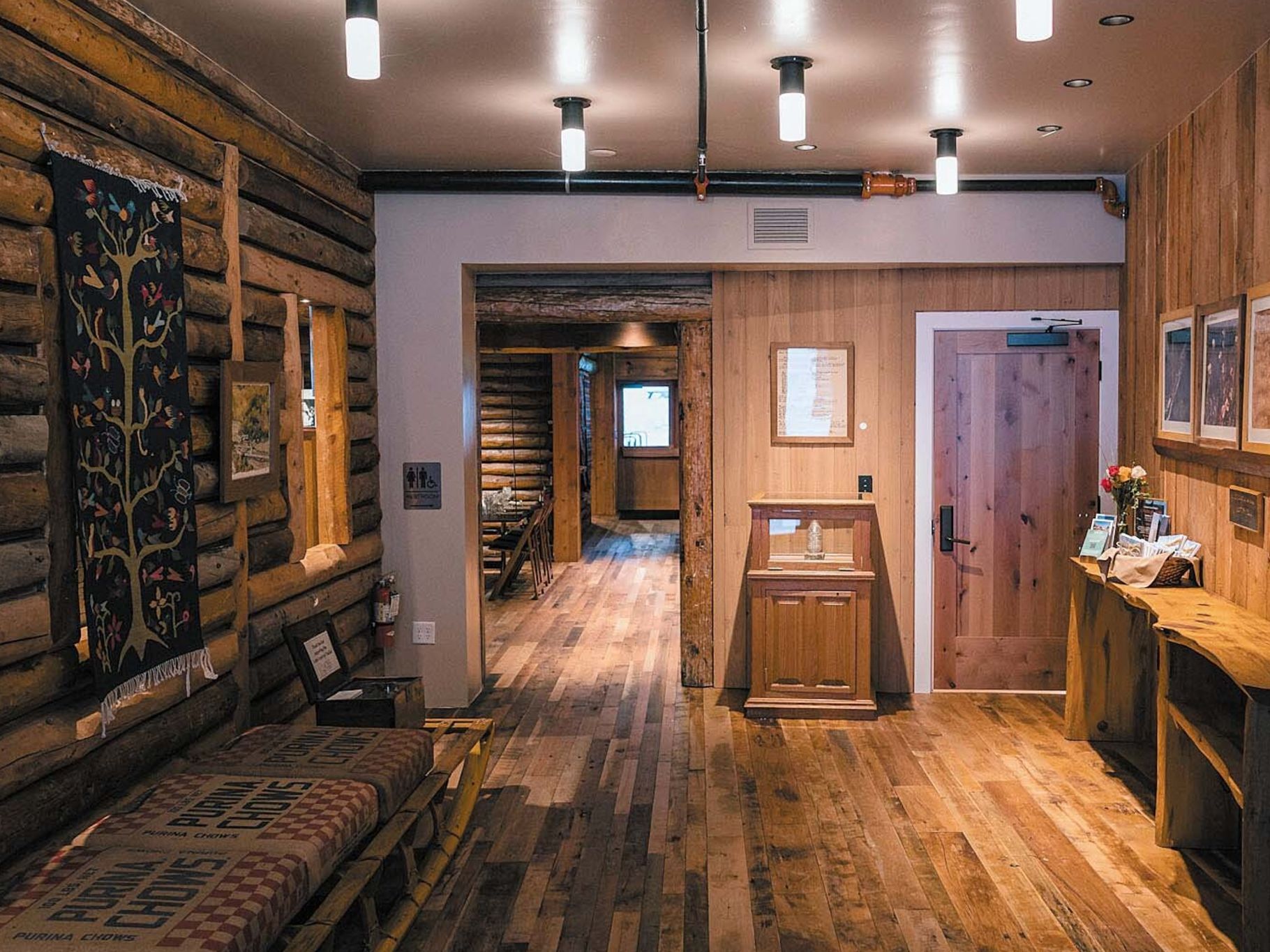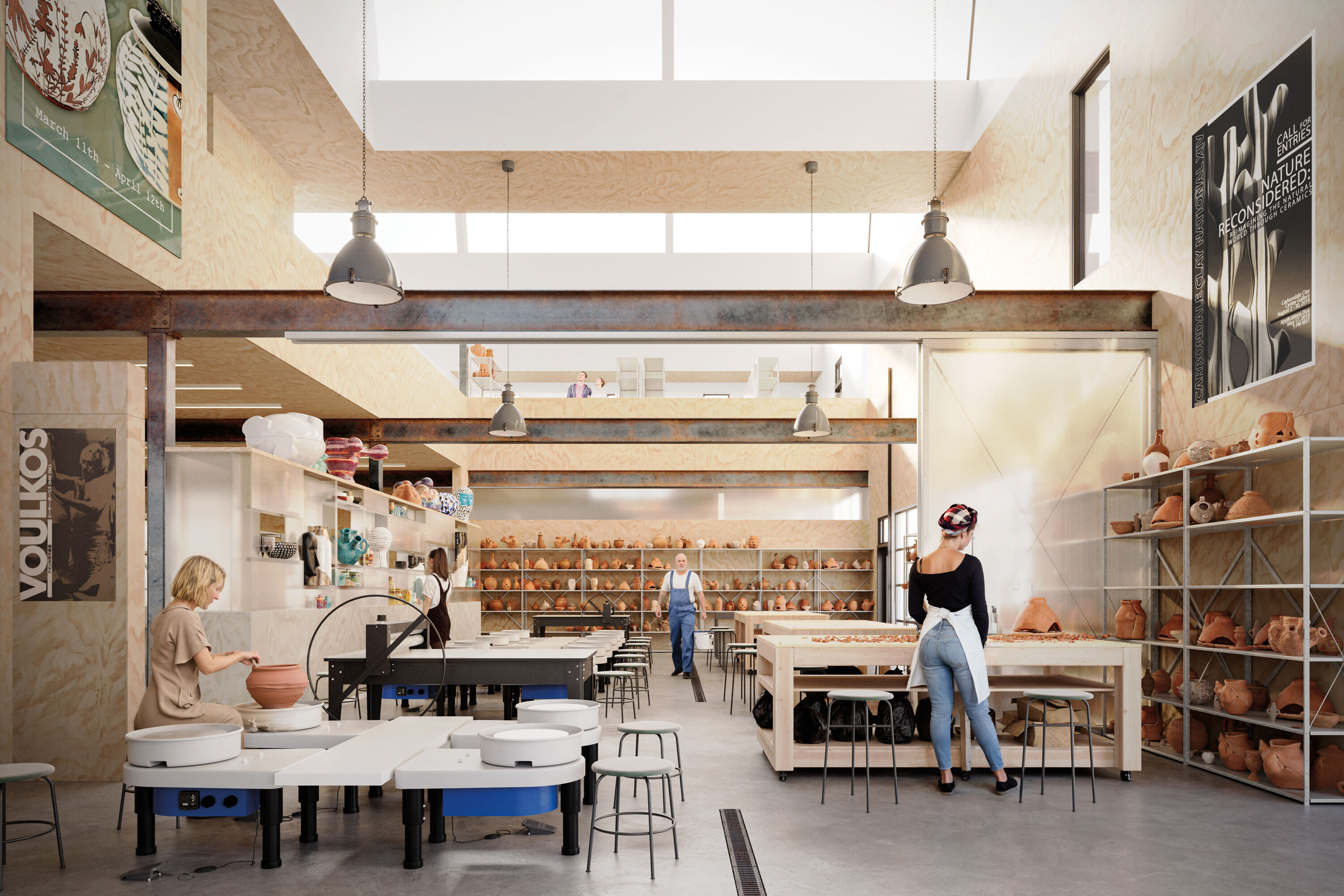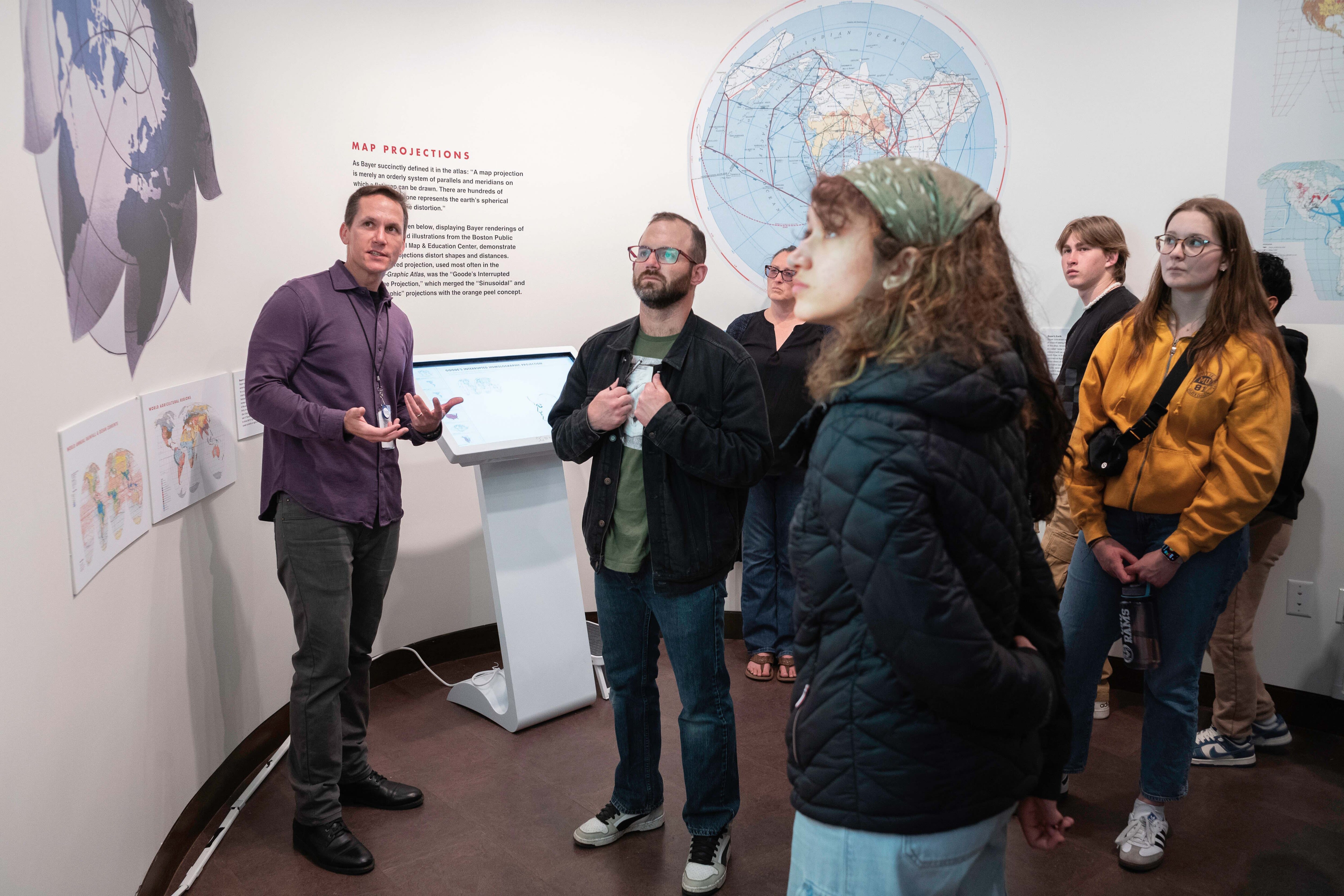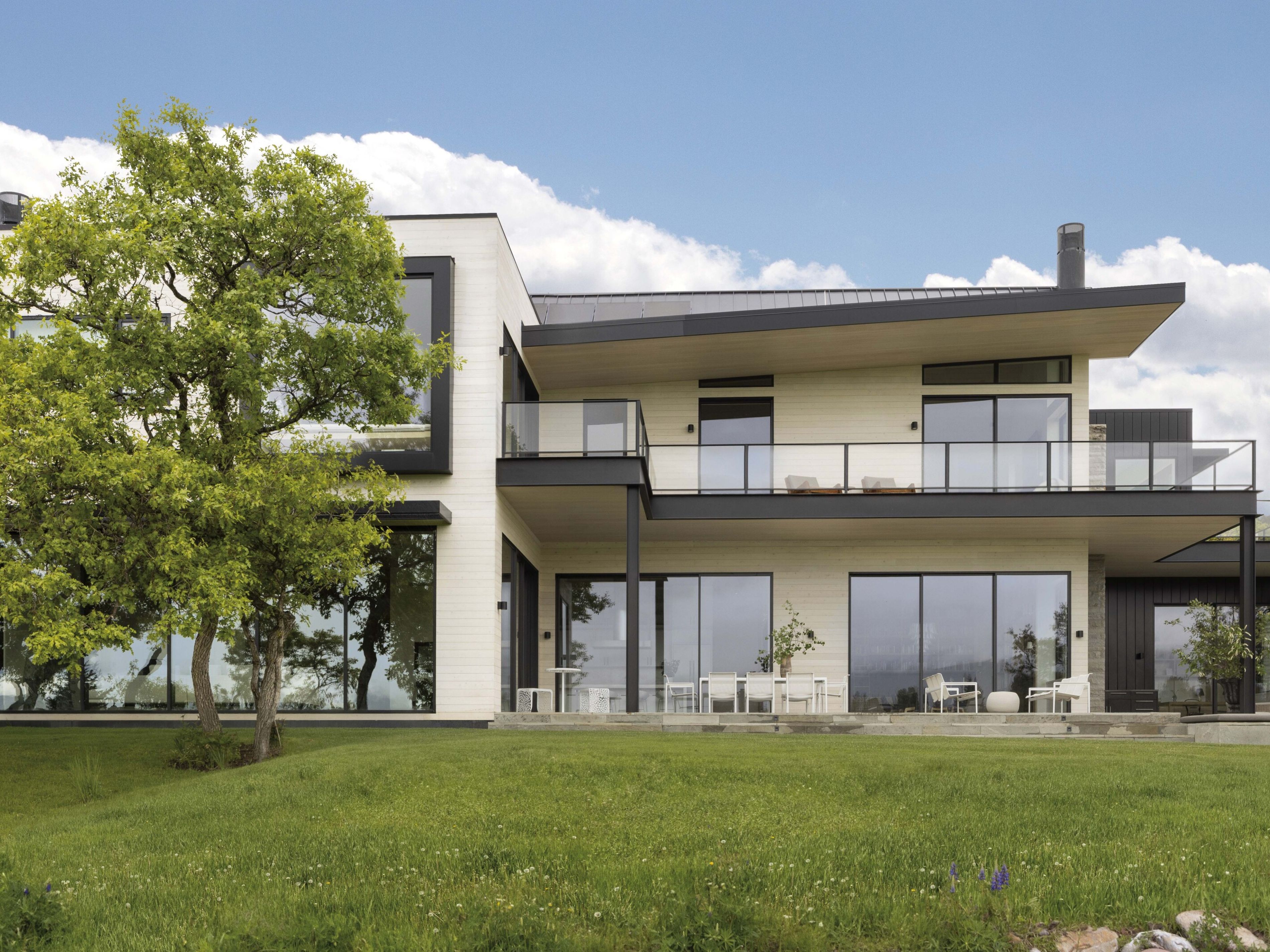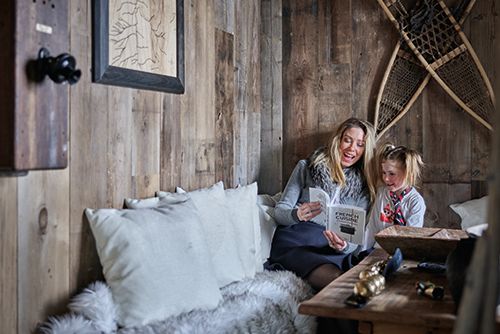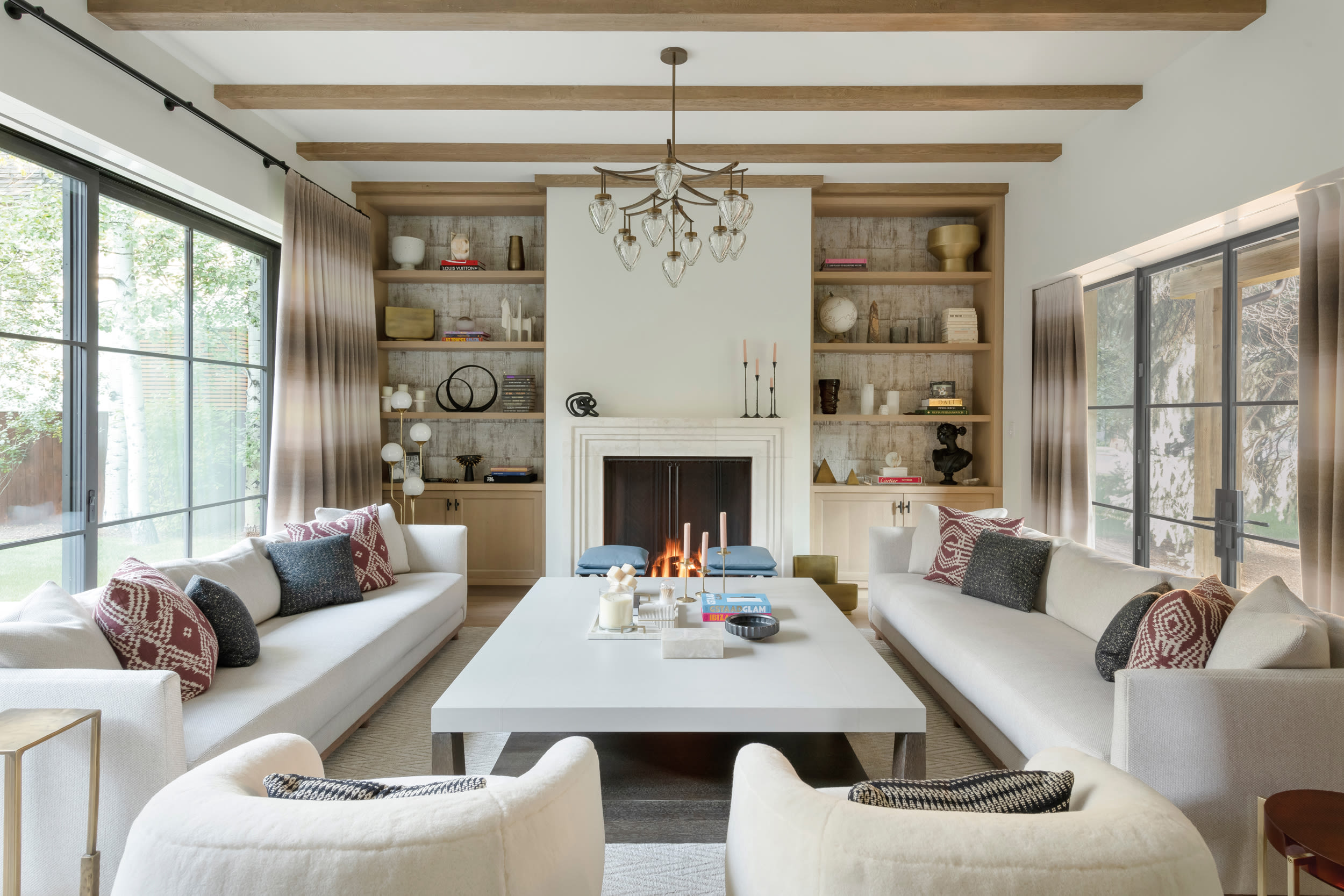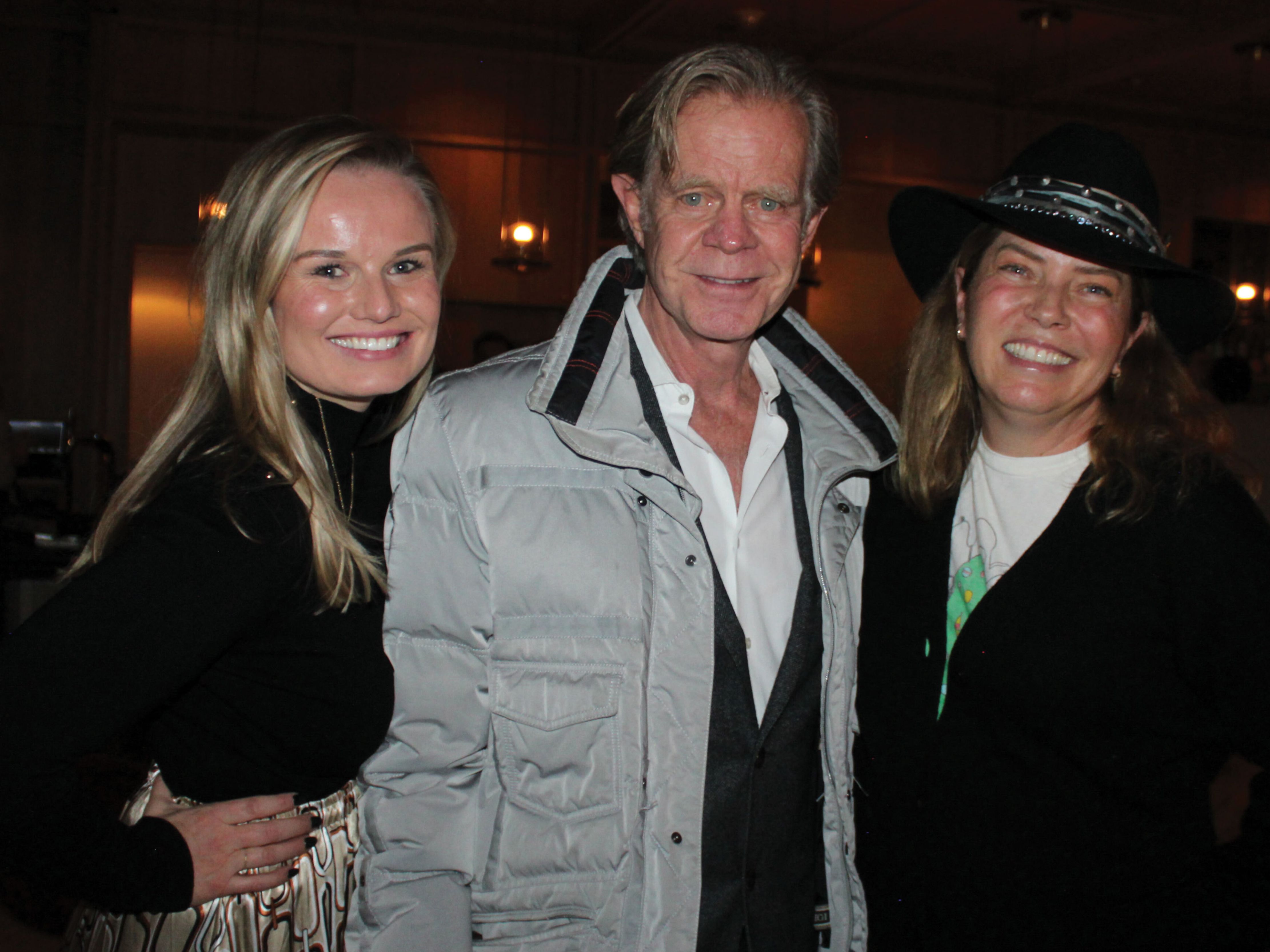Remembering a Bauhaus Builder
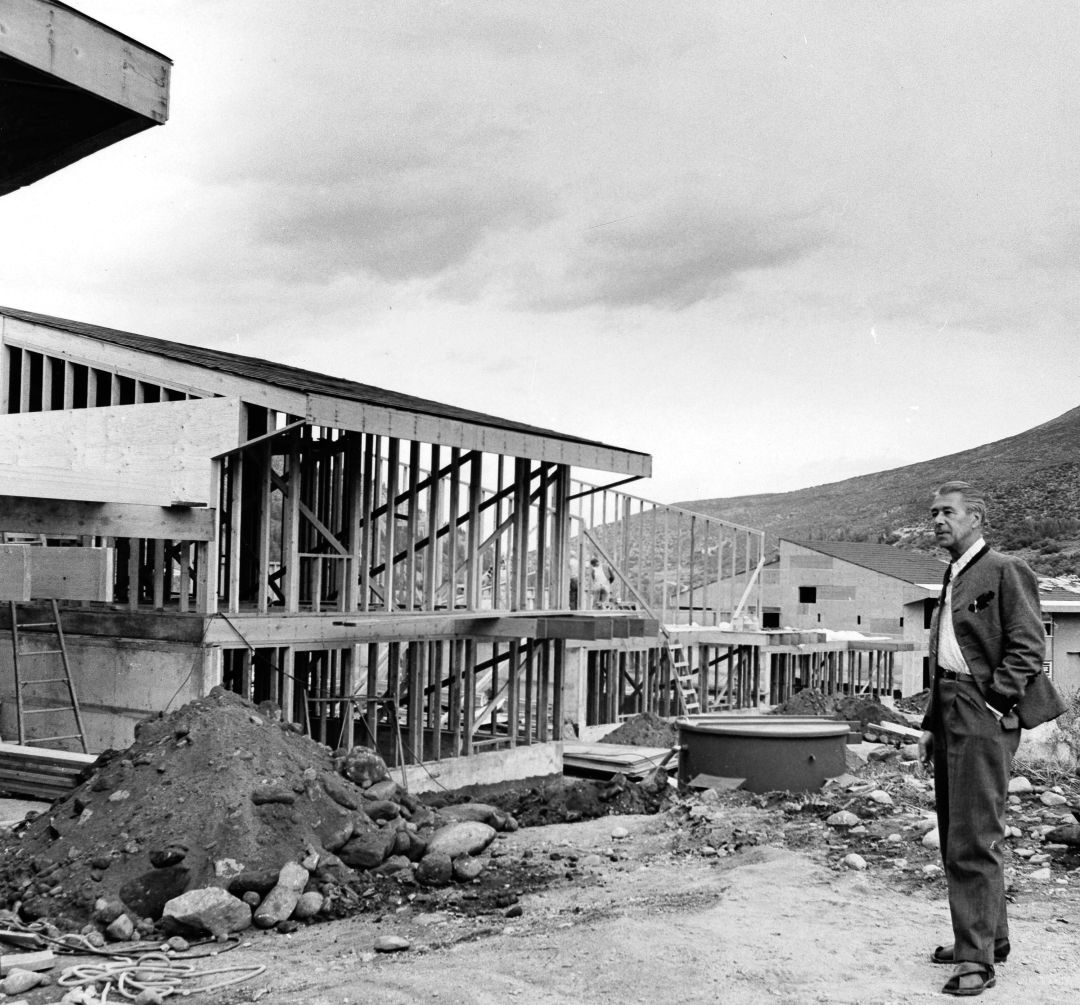
Herbert Bayer on the Aspen Institute campus in 1965, with the Meadows Trustee Townhomes under construction
In mid-December, my wife and I decided to take a staycation and booked a room at Aspen Meadows Resort. The boutique property, integrated into the campus of the Aspen Institute on 40 secluded acres just north of town, feels more like a retreat than a hotel. For an architecture and design junkie like myself, and a hand papermaker who specializes in sculpture (my artist wife), this was hallowed ground, an enduring testament to the Bauhaus movement. After founding the Aspen Institute of Humanistic Studies as an intellectual haven for body, mind, and spirit, Walter and Elizabeth Paepcke commissioned Herbert Bayer, an Austrian-American artist and graphic designer who taught at Walter Gropius’s Staatliches Bauhaus art school in Weimar Germany, to create a physical space on a swath of former ranchland that reflected the minimalist ideals of Bauhuas design, which emphasized function over flair. From 1953 to 1973, in tandem with Frank Lloyd Wright acolyte Fritz Benedict, Bayer built dormitories, cafeterias, conference rooms, and exhibition halls—constructed of simple cinder blocks, the structures had flat rooflines and walls of glass and skylights that flooded interiors with natural light, subjugating the built environment to the natural one.
The resort’s 98 rooms are housed in two-story annexes scattered about the campus, each, like a college residence hall, named for an Institute trustee. (Ours was the Catto Building, named for Henry E. Catto, former US Ambassador to Great Britain.) But our one-bedroom suite was no basic dorm room. Floor-to-ceiling windows overlooking the Roaring Fork had old-school transoms that opened to let the sound of the outside in. Following a Bauhaus design tenet, carpeting and upholstery was patterned utilitarian gray, with minimalist furniture accented with primary colors (ergonomic stainless-steel chairs with red cushions, side tables of molded white plastic). On the negative space of whitewashed walls, as in a gallery, hung prints by the late Ferenc Berko, a Hungarian-born Aspenite Paepcke hired as the Institute’s official photographer, whose work was fêted last summer with a retrospective at the Musée de l’Elysée.
Before settling in for the night, we took our two dogs (Aspen Meadows is pet-friendly) for a last walk, a nighttime tour of the Institute’s outdoor artworks. Outside, it started to snow, and we strolled along the quadrangle, shadows of large flakes animated in lamplight casting halos on the dark footpath. We broke trail over a downy hillock (Grass Mound, one of Bayer’s pioneering earthworks), regarded the 19 frozen monoliths in Bayer’s Marble Garden, and ducked into a Buckminster Fuller geodesic dome. And we walked past the Boettcher Seminar Building (Bayer’s final campus addition, completed in 1973) and a then under-construction Resnick Center for Herbert Bayer Studies, a new building dedicated to the Institute’s inspirational lead designer (see “Legacy Building").
Our nighttime foray ended at the Benedict Music Tent, summer home of the Aspen Music Festival and School. As the storm intensified, we sheltered under a canvas wing of the empty 2,050-seat amphitheater, gazing out into an almost silent night. In the distance, muffled by falling snow, the Roaring Fork murmured in its banks, making music in a fundamentally Bauhaus way. That magical moment inspired this issue’s cover story. I hope you’ll read it, then take a sojourn of your own.
—Ted Katauskas, Editor
Interested in a walking tour of Bauhaus-inspired outdoor artworks at the Aspen Institute?
On select Wednesdays during the summer (June 22, July 20 & 27, Aug 3 & 17, Sep 7 & 14), landscape architect Ann Mullins leads a walking tour of the Aspen Institute’s outdoor artworks, including Herbert Bayer’s groundbreaking land art installations. $20. Tours depart at 11 a.m. from the Resnick Center for Herbert Bayer Studies (610 Gillespie Ave). Advance registration required. aspeninstitute.org/events
